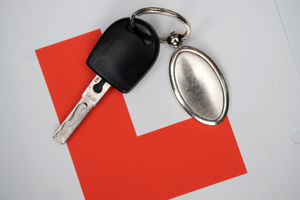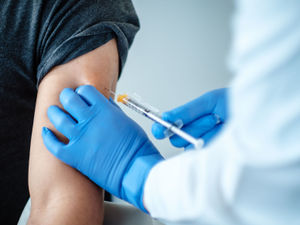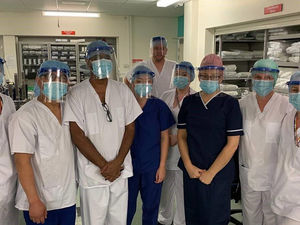Driving test pass rate increase across county but problems booking tests remain
The driving test pass rate increased across the county during the coronavirus pandemic, new figures show – although far fewer tests took place amid a year of restrictions.

Quieter roads and "incredibly motivated" key workers taking their tests are thought to be behind the rate also hitting a record high across Great Britain in 2020-21.
However, the latest figures will do little to comfort the thousands of people nationally who had their tests cancelled due to Covid restrictions or are struggling to get a test date booked.
In recent days county driving instructors have spoken of the frustrations facing learners who are struggling to find a test date before the end of the year.
Driver and Vehicle Standards Agency data shows that the pass rate improved in Shrewsbury, Telford, Whitchurch, Ludlow, and Oswestry.
In Shrewsbury the rate was up to 55 per cent from 47per cent the previous year with 458 of the 830 practical tests ending in success
For Telford there were 1,469 tests with 658 passes, meaning the success rate rose from 41 per cent to 45 per cent.
In Whitchurch the pass rate went up from 46 per cent to 54 per cent – with 201 passes out of 370 tests, while at Ludlow 201 people passed out of 370, with a pass rate of 54 per cent up from 46 per cent the year before.
For Oswestry the rate rose from 48 per cent to 54 per cent with 212 people passing out of 391 who sat practical examinations.
However, far fewer tests were undertaken at all the centres over the latest period due to Covid-19 restrictions, which saw only key workers permitted to take tests during the enforced lockdowns.
In total, there were 3,863 driving tests in 2020-21 – compared to 12,860 in 2019-20 – with 5,976 cancelled due to the pandemic.
Across Great Britain a record 50 per cent of tests in 2020-21 resulted in a pass, with the figure even reaching 59 per cent between January and March this year.
Meanwhile, the number of tests dropped to 437,000 in 2020-21, from 1.6 million the previous year.
Robert Cowell, interim managing director of AA Driving School, said: “The slight increase in the driving test pass rate for the first quarter of this year could be down to a number of things including quieter roads during tests.
"In addition, during lockdowns, tests were only allowed for key workers who needed to drive for their job, this probably also goes some way to explaining the higher pass rate during these months as the candidates would have been incredibly motivated to pass."
Mr Cowell said that demand for driving tests is now "sky-high" due to the number of cancellations last year, adding many people are facing a frustrating wait.
Practical tests resumed in April, but learners face a waiting time of more than three months to book a test with 470,000 already pencilled in across Great Britain, the DVSA said.
The body has launched a recruitment campaign for 300 examiners while tests are being done seven days a week to allow 20,000 to go ahead every month.
Asked if an increase in the national pass rate was down to quieter roads, the DSVA said traffic levels are regularly reviewed to ensure traffic is at a sufficient level to test a candidate's ability.
It also said the reduction in tests could have impacted the overall rate.
Loveday Ryder, DVSA chief executive, said: "All candidates are assessed to the same level and the result of their test is entirely dependent on their performance on the day."
The data also showed the rate of success for people taking their driving test for the first time.





